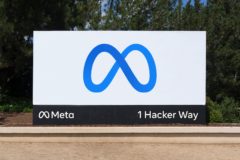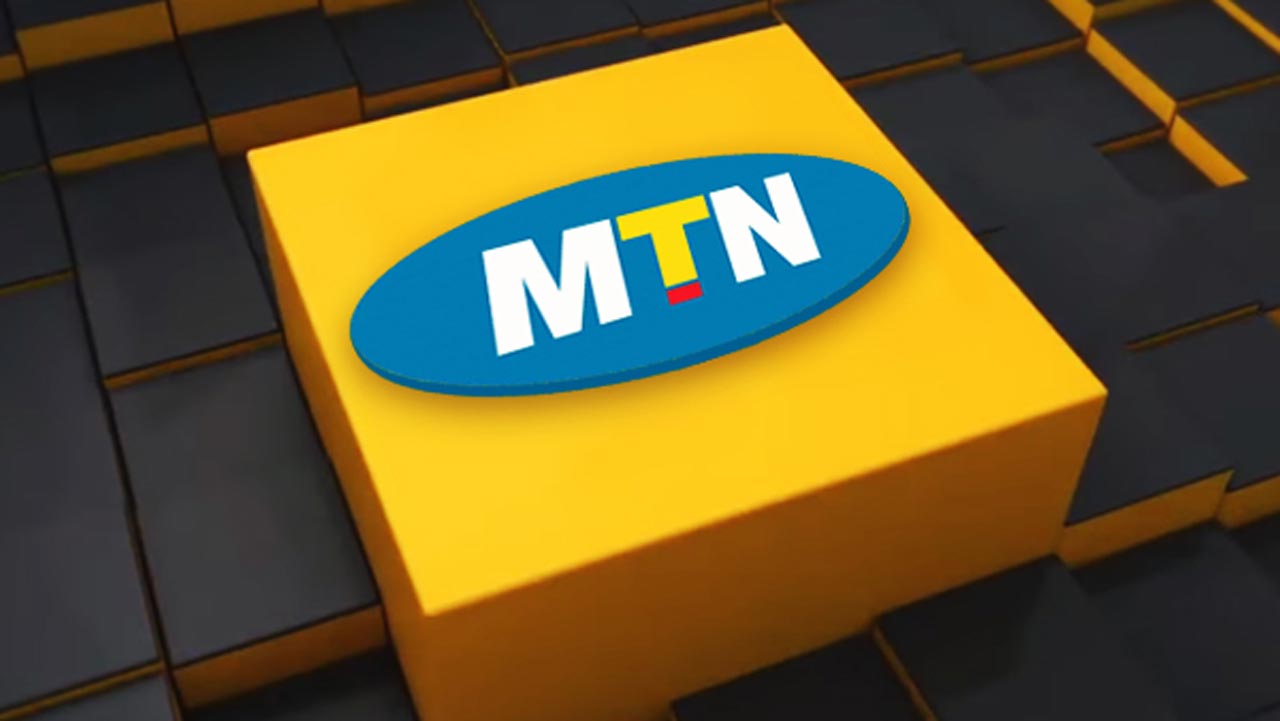Digital lenders have always depended on data to make instant loan decisions. This year, startups are offering these lenders more data points
Access to credit is important in any economy because it is how households are able to build wealth and take advantage of opportunities. Being able to borrow money at affordable interest rates is one way you can take a chance on a business idea.
Beyond building wealth, access to credit is a safety net for households that experience economic shocks like job losses or ill health. Despite the importance of credit, data from the Financial Inclusion Secretariat shows that formal sector credit penetration as a ratio of the adult population in Nigeria was below 5.3% in 2017.
Why has it always been difficult to get loans in Nigeria? One answer is that Nigeria’s banks often shy away from retail lending. There are two problems: the risk appetite of banks doesn’t extend to retail loans; also, the process of applying for a bank loan is complex. It often involves lengthy paperwork and delays.
These delays have created a business opportunity for digital lenders. Unlike retail banks, they have simpler processes with no paperwork and instant loan decisions.
Data and a willingness to pay
Quick loan decisions are a feature and not a bug of the digital lending process. According to this study, “at the heart of digital lending is the potential for lenders to access and use digital data to make quicker, automated and more accurate underwriting decisions.”
To make loan decisions, digital lenders collect an array of data points, your call records, GPS information, and messages. Although no digital lender will tell you what they check for, based on the data they ask for, we can make some guesses.
By asking for GPS data, SMS data and your phone contacts, they’re weighing up the value of your location and creating a social interest node to understand if they can find more details on the people you already call. They’re also using your phone brand to check the depth of your pocket. Each of these data points can be translated into valuable information which can help determine the customer’s willingness to pay.
Digital lenders need more information
Willingness to pay is important because when loan sizes are small, customers may get the sense that they can get away with not repaying.
But it is a slippery slope. If all customers think like this, there is little hope that the digital lender will recover enough of these loans to stay in business. On the side of the digital lender, it means only one thing: loan decisions to be more accurate.
One of the ways to be sure that your loan decisions are more accurate is to have more data points you can apply to a thin file for customers. A thin file is a term for when customers have limited credit history.
You can build a thin file, for example, by taking data on whether a customer pays utility bills or data on their rent repayments. While digital lenders have better credit history for borrowers today, the feeling is that more data could lead to even better outcomes.
Successful digital lenders are made on the strength of their decision making because there is no real recourse for a lender when a customer refuses to pay. An example of what consequences for nonpayment look like is Kenya, where 2.7 million people have been blacklisted for nonpayment of digital loans. The question of if such heavy consequences promote financial exclusion is another topic.
Back to the Nigerian scene, what we have seen in the last few months is that startups are now building tools to help digital lenders with even more data points that will lead to better loan decisions.
Do credit bureaus in Nigeria understand their roles?
In 2008, Nigeria’s Central Bank issued guidelines
Today, existing regulations mean that if you are granting a loan to a customer, you must report it to two of the three existing bureaus. The same regulations need lenders to get a credit report from at least one of the licensed credit bureaus before granting any form of credit. In 2018, 20 million records were submitted to these bureaus, with 80% of the data supplied coming from deposit banks.
If Nigeria’s credit bureaus collect such enormous amounts of data, why do digital lenders still need more information? One answer is that lenders still need a more robust data gathering process.
Another answer, according to Deji Peters, the Chairman of the Credit Bureau Association of Nigeria, is that many startups do not want to pay for the current available data..
He told TechCabal, “getting a credit bureau on board increases costs and in the short term, it is expensive for a lot of companies. In the long term, it can save your neck.”
His suggestion that there’s a price sensitivity problem is rebuffed by fintech startups. The startups say that because the credit bureaus are guaranteed to make money thanks to CBN’s regulations, they have little incentive to be innovative with pricing.
What we’re now seeing are startups that are offering data to digital lenders with processes they say are innovative and prices they say are fair.
Will new startups force innovation?
In November 2020, CARMA, a Kenya-based data marketplace secured funding from the Nigerian VC firm, Microtraction. It immediately announced that it would set up operations in Nigeria.
CARMA is a credit data marketplace where lenders can find more data points on prospective customers to make their loan decisions more accurate. What is interesting about CARMA is that “digital lender A” can put its customer data on a shelf. If “digital lender B” wants information on one of the customer’s in A’s database, it can pay for the exact data points it wants access to. It’s a peer-to-peer situation where companies share data and get paid.
Whether this approach will be innovative enough for digital lenders remains to be seen. Regardless, Ted Martynov, CARMA’s CEO believes that the existing credit bureaus are not up to the task.
He told TechCabal that in speaking with companies, he found that there was a reluctance to share data.
“A lot of companies are concerned about giving away their entire database to an external organisation. They want to keep their database under control. The second thing is that they are not incentivized to share data.”
The incentive CARMA provides is revenue. If digital lending players know they can earn money by sharing data, they may be more open to sharing. By also letting lenders choose what data points they need, it may be a cheaper option compared to the existing credit bureaus.
It’s an interesting proposition. But what if you could circumvent credit bureaus?
An infrastructure for better loan decisions
Another startup that’s building infrastructure to help lenders make decisions without depending on the existing credit bureaus is Migo.
Migo has been around since 2014, evolving from Kwikmoney and Mines to the present company that has expanded to Brazil. The company set out from day one to be a credit service provider to banks interested in lending to the retail sector rather than be a competitor. It means that the company does not directly lend to consumers.
Instead, they do the data science work of building flexible algorithms that help banks determine what low-income customers to lend to. Migo claims to know the right mix of the right data points needed to assess Nigerians with high levels of risk.
As such, their partner banks and fintechs don’t have any need to consult credit bureaus for data before lending to consumers. The banks trust Migo to do the backend work and help originate the right loans for people most willing to pay.
There are a lot of questions to ask about if Migo doesn’t work with credit bureaus and only warehouses customer data, but the company has been coy about providing specifics.
Yet, they remain confident that banks would rather not spend resources building out these algorithms for loan decision making themselves and would instead explore reliable technology partnerships that can open them up to the possibilities in retail lending.
Without knowing the details of Migo’s playbook, it is difficult to know what value they will bring to Nigeria’s banks.





















